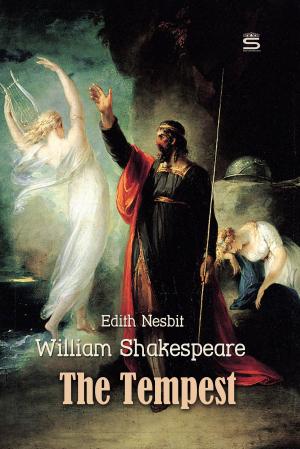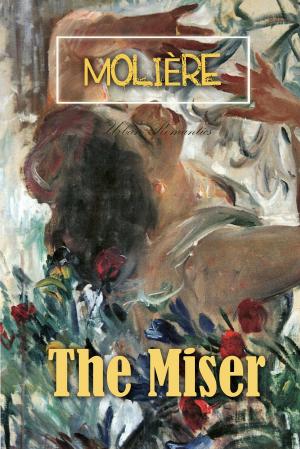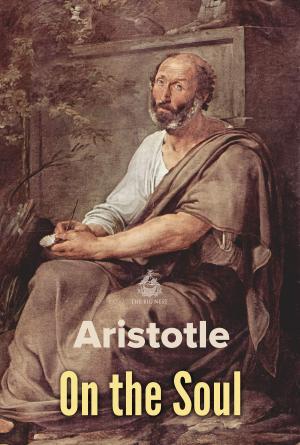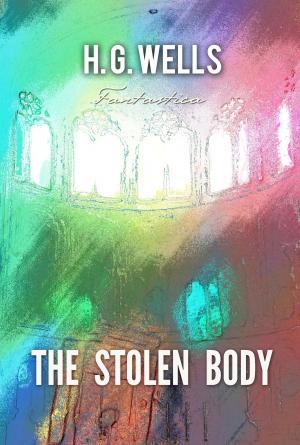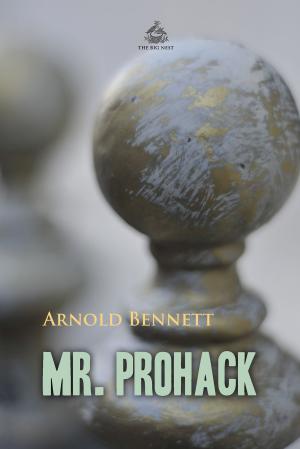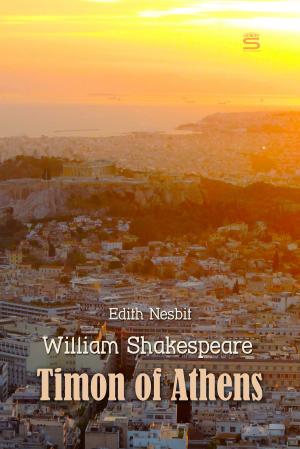| Author: | Bertrand Russell | ISBN: | 9781787242616 |
| Publisher: | Interactive Media | Publication: | June 1, 2017 |
| Imprint: | The Big Nest | Language: | English |
| Author: | Bertrand Russell |
| ISBN: | 9781787242616 |
| Publisher: | Interactive Media |
| Publication: | June 1, 2017 |
| Imprint: | The Big Nest |
| Language: | English |
The attempt to conceive imaginatively a better ordering of human society than the destructive and cruel chaos in which mankind has hitherto existed is by no means modern: it is at least as old as Plato, whose ``Republic'' set the model for the Utopias of subsequent philosophers. Whoever contemplates the world in the light of an ideal—whether what he seeks be intellect, or art, or love, or simple happiness, or all together—must feel a great sorrow in the evils that men needlessly allow to continue, and—if he be a man of force and vital energy—an urgent desire to lead men to the realization of the good which inspires his creative vision.
The attempt to conceive imaginatively a better ordering of human society than the destructive and cruel chaos in which mankind has hitherto existed is by no means modern: it is at least as old as Plato, whose ``Republic'' set the model for the Utopias of subsequent philosophers. Whoever contemplates the world in the light of an ideal—whether what he seeks be intellect, or art, or love, or simple happiness, or all together—must feel a great sorrow in the evils that men needlessly allow to continue, and—if he be a man of force and vital energy—an urgent desire to lead men to the realization of the good which inspires his creative vision.



